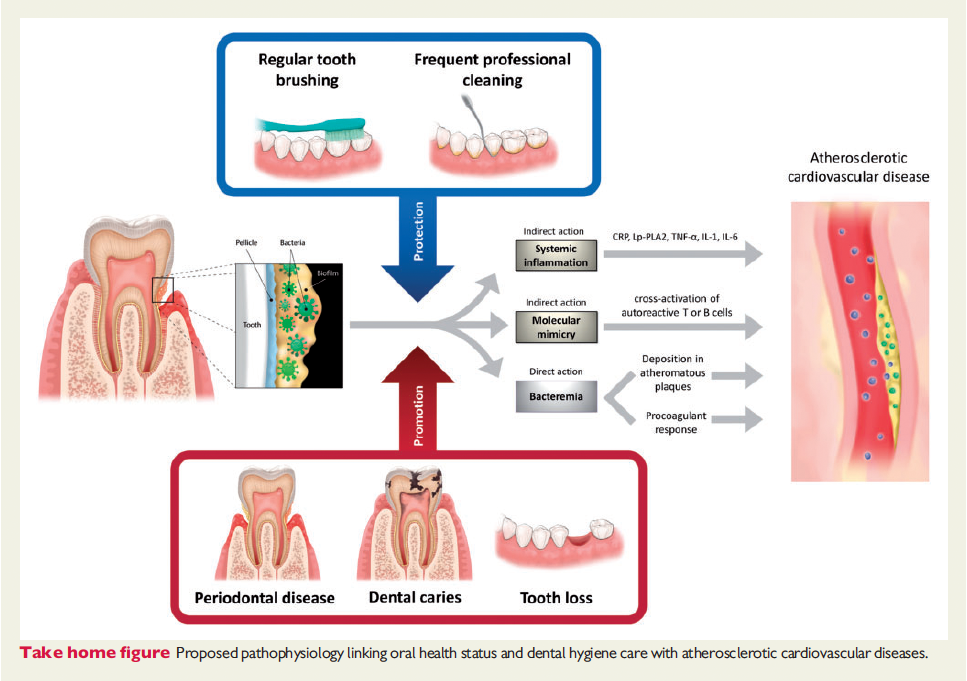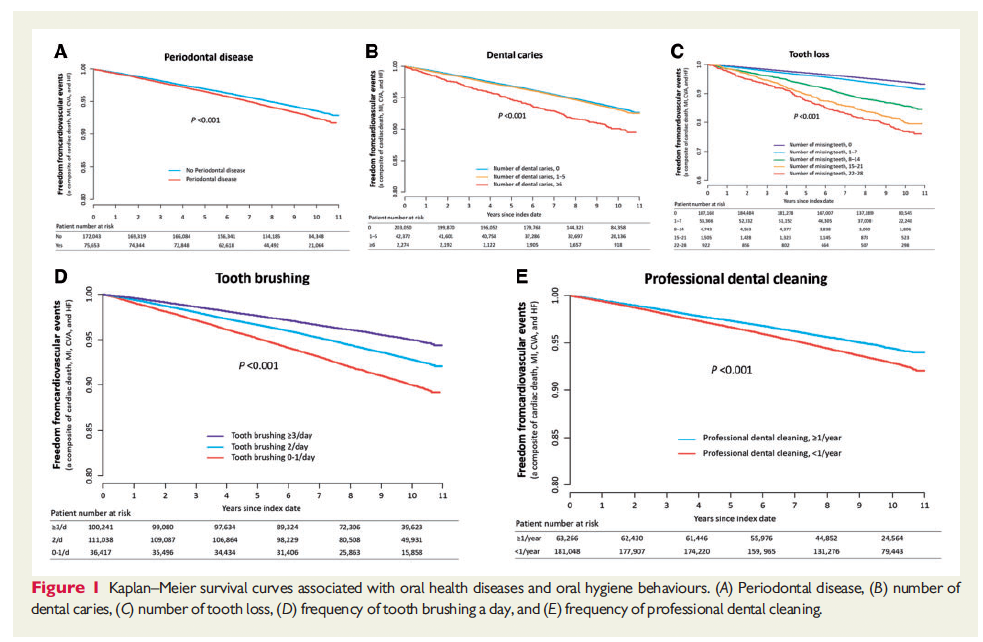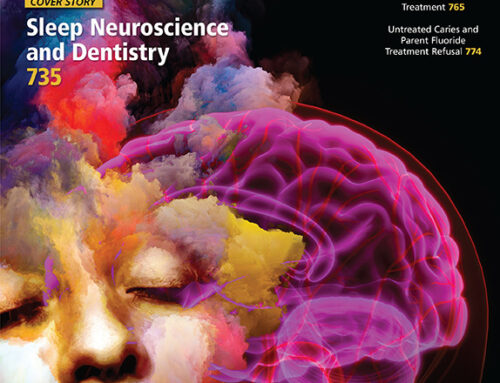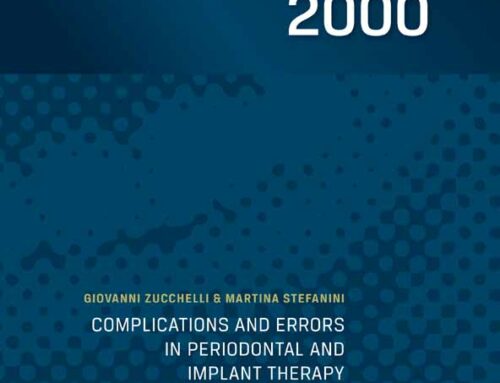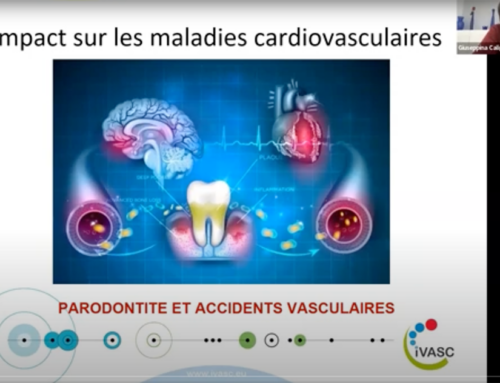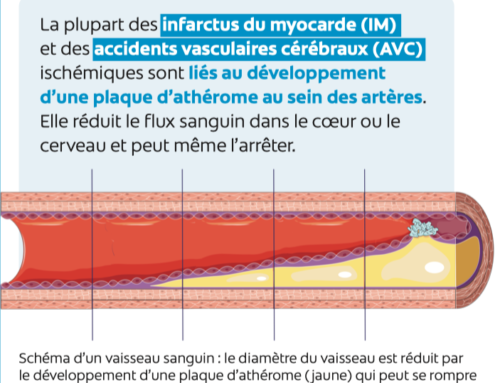Des problèmes de santé bucco-dentaire tels que la maladie parodontale, les caries dentaires et la perte de dents sont associés aux maladies cardiovasculaires. Une nouvelle étude parue dans le Eur Heart J visait à évaluer si des procédures d’hygiène buccale pouvait atténuer les risque cardiovasculaire associé à l’état de santé bucco-dentaire au sein d’une cohorte nationale en Corée.
Les résultats de cette étude montrent que les soins d’hygiène buccale tels que le brossage fréquent des dents et les visites régulières chez le dentiste pour un nettoyage professionnel réduisent le risque d’événements cardiovasculaires futurs chez des adultes en bonne santé. Cette étude suggère également qu’une amélioration du comportement en matière d’hygiène buccale pourrait modifier l’association entre la santé bucco-dentaire et les maladies cardiovasculaires.
Shin-Young Park et al (2019).
Improved oral hygiene care attenuates the cardiovascular risk of oral health disease: a population-based study from Korea
Eur Heart J. 2019. Link to the Journal.
AIMS:
Oral health problems such as periodontal disease, dental caries, and tooth loss have been suggested to have associations with cardiovascular disease. This study aimed to evaluate whether oral hygiene behaviour can alleviate cardiovascular risk associated with oral health status using a nationwide population-based cohort.
METHODS AND RESULTS:
The data of 247 696 healthy adults aged 40 years or older who underwent an oral healthscreening programme and had no history of major cardiovascular events were extracted from the National Health Insurance System-National Health Screening Cohort. After a median follow-up of 9.5 years, 14 893 major cardiovascular events occurred including cardiac death, myocardial infarction, stroke, and heart failure. The risk of cardiovascular events was higher when a subject had periodontal disease, a higher number of dental caries, or more tooth loss. Performing one more tooth brushing a day was associated with a 9% significantly lower risk of cardiovascular events after multivariable adjustment. Regular dental visits (once a year or more) for professional cleaning were also shown to reduce cardiovascular risk by 14%. Improved oral hygiene behaviours were shown to attenuate the cardiovascular risk originating from periodontal disease, dental caries, and tooth loss.
CONCLUSION:
Oral hygiene care such as frequent tooth brushing and regular dental visits for professional cleaning reduced the risk of future cardiovascular events in healthy adults. This study also suggests that improved oral hygiene behaviour may modify the association between oral health and cardiovascular diseases.

